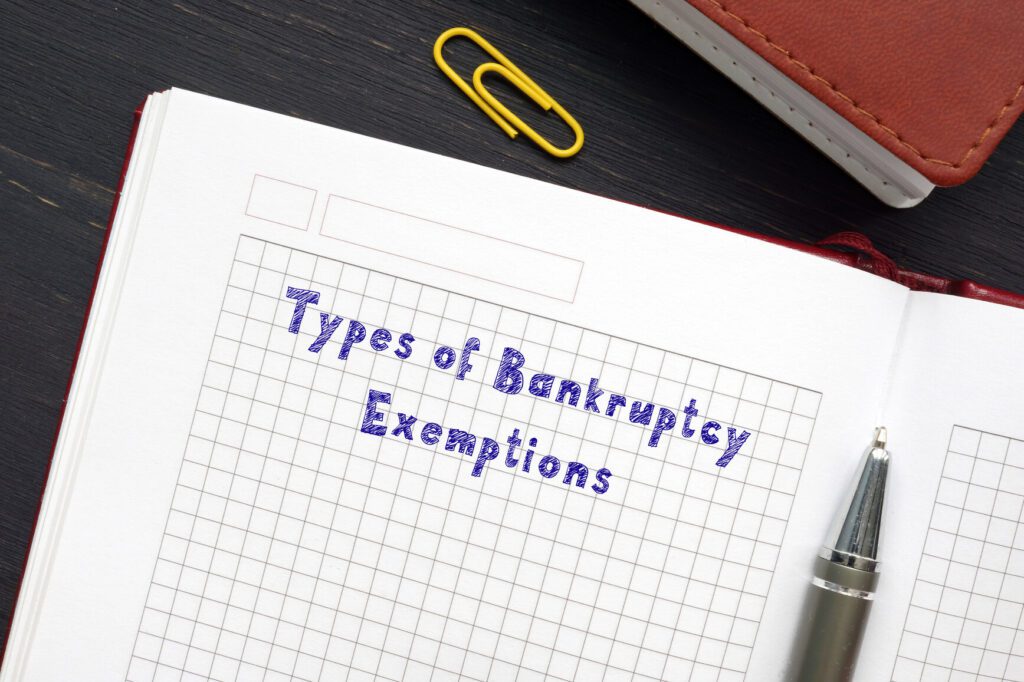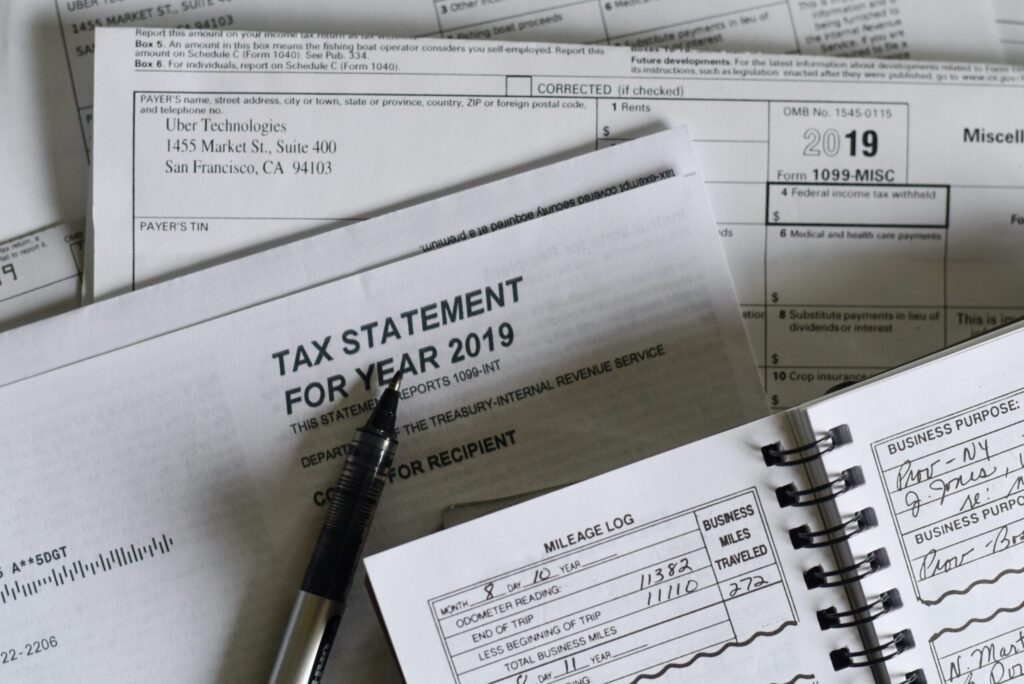A key consideration when it comes to filing bankruptcy is whether or not it will affect your family, and if so – how? Thankfully, if you decide to file bankruptcy it does not automatically result in your spouse needing to file bankruptcy too. It may not even affect them directly. This is regardless of whether or not you are married or living common-law. Where bankruptcy can have effects on your spouse is in any shared assets or joint debts. The way that the Canadian legal system sees it is that your debts are your debts only, and only you are responsible for them. If you file bankruptcy, your debts will be discharged. Your spouse does not take on automatic responsibility for them. So, can bankruptcy affect my spouse? In this article, we share all you need to know.
Why file bankruptcy?
Bankruptcy is the best way to begin a fresh financial future in Canada, especially if you are tired of having overwhelming debts hanging over you. It is the legal process of assigning any non-exempt assets that you may have over to a Licensed Insolvency Trustee. Your trustee will then sell these assets, with any proceeds going towards the repayment of your creditors. In exchange, you are cleared of your unsecured debts. Bankruptcy is often considered a last resort form of debt relief, but it is the right decision for many Canadians each year. At Spergel, we have helped over 100,000 Canadians gain debt relief through solutions including bankruptcy. Here are the primary reasons why Canadians file bankruptcy:
- A fresh financial future – you are completely cleared of your unsecured debts once discharged from bankruptcy
- Peace of mind, and relief of any mental health problems associated with your financial situation
- Full protection from your creditors via a stay of proceedings
- An immediate stop to any legal activity include wage garnishments, bank account freezes, and placement of liens
- The cost of bankruptcy is not associated with the amount of debt you have, making it potentially a very affordable form of debt relief
Learn more about the advantages of filing bankruptcy.
Can bankruptcy affect my spouse?
Many Canadians assume that because you are married or common-law, your spouse or partner is automatically responsible for your debts. Thankfully, this is not accurate. Many collection agents have cottoned onto the fact that a lot of Canadians do not realize this, and will use it as part of their threats to collect from you. They may tell you that if you do not make your payments, your spouse will need to pay the money. These are simply scare tactics and not the truth – only you are truly responsible for your outstanding debts. The only exception to this rule is if your spouse has co-signed your loan, or guaranteed your debt. If, for instance, you took on a loan and your spouse co-signed it, the legal view is that it is their loan also, and they are equally responsible for it. Your spouse is only liable for your debts if they have signed for it too – not simply because they are your spouse.
What are the consequences for my spouse if I declare bankruptcy?
While your bankruptcy may not affect your spouse directly, there may be some indirect consequences for them. Here are some of the most common impacts of bankruptcy on your spouse:
Credit card debt, shared loans, and bank accounts
If your spouse shares a joint credit card with you, either as a joint account holder or an additional card holder, they will be responsible for paying off the entire balance of your credit card should you file bankruptcy. This is not just half of the debt, but all of it. Learn more about your spouse and credit card debt. The same situation applies to personal loans and lines of credit that your spouse may have co-signed. If you share a joint bank account with your spouse, when filing bankruptcy your spouse will also hold responsibility for any associated overdrafts. While it may be tempting not to inform the courts of any joint debts or joint bank accounts when filing bankruptcy to protect your spouse, this is considered a false declaration. Furthermore, it could impact whether or not you are discharged from bankruptcy.
Vehicle
If your vehicle is on finance or leased, you may be surprised to know that you can keep your car despite filing bankruptcy. As car loans are a type of secured debt, they cannot be filed as part of a bankruptcy. This means that provided you can remain current on your car loan payments through your bankruptcy, you will be able to keep your car. If your spouse endorsed your car loan, they will not be affected by your bankruptcy provided the payments are met in full and on time.
Property
If you and your spouse own a property together, they will maintain their rights to the property even if you file bankruptcy. What can often happen is that the property management company will have the property valued, and depending on the remaining mortgage balance, they will ask your spouse to buy your part of the property. In some instances, your spouse may not need to do anything.
Any property that belongs to your spouse, be it furniture or investments, will not be part of what you file in your bankruptcy. One thing to be aware of is that transactions made before filing bankruptcy – including the transfer of goods – may be investigated by your property management company. This is to check for any suspicious activity prior to your bankruptcy which could affect your discharge from bankruptcy. A consideration for life after bankruptcy is that securing joint finance may be difficult. You may not be able to cosign on loans together, and you may need to pay a higher interest rate to secure credit. Your spouse may be affected in the same way when applying for credit. At Spergel, we can help you to rebuild your credit score after bankruptcy.
Every situation is unique, and so we recommend you book a free consultation with a reputable Licensed Insolvency Trustee at Spergel for advice on your circumstances. If you are considering bankruptcy and want to know ‘can bankruptcy affect my spouse?’, we will share everything you need to know so that you can choose the right debt relief solution for you. Reach out today – you owe it to yourself.



















